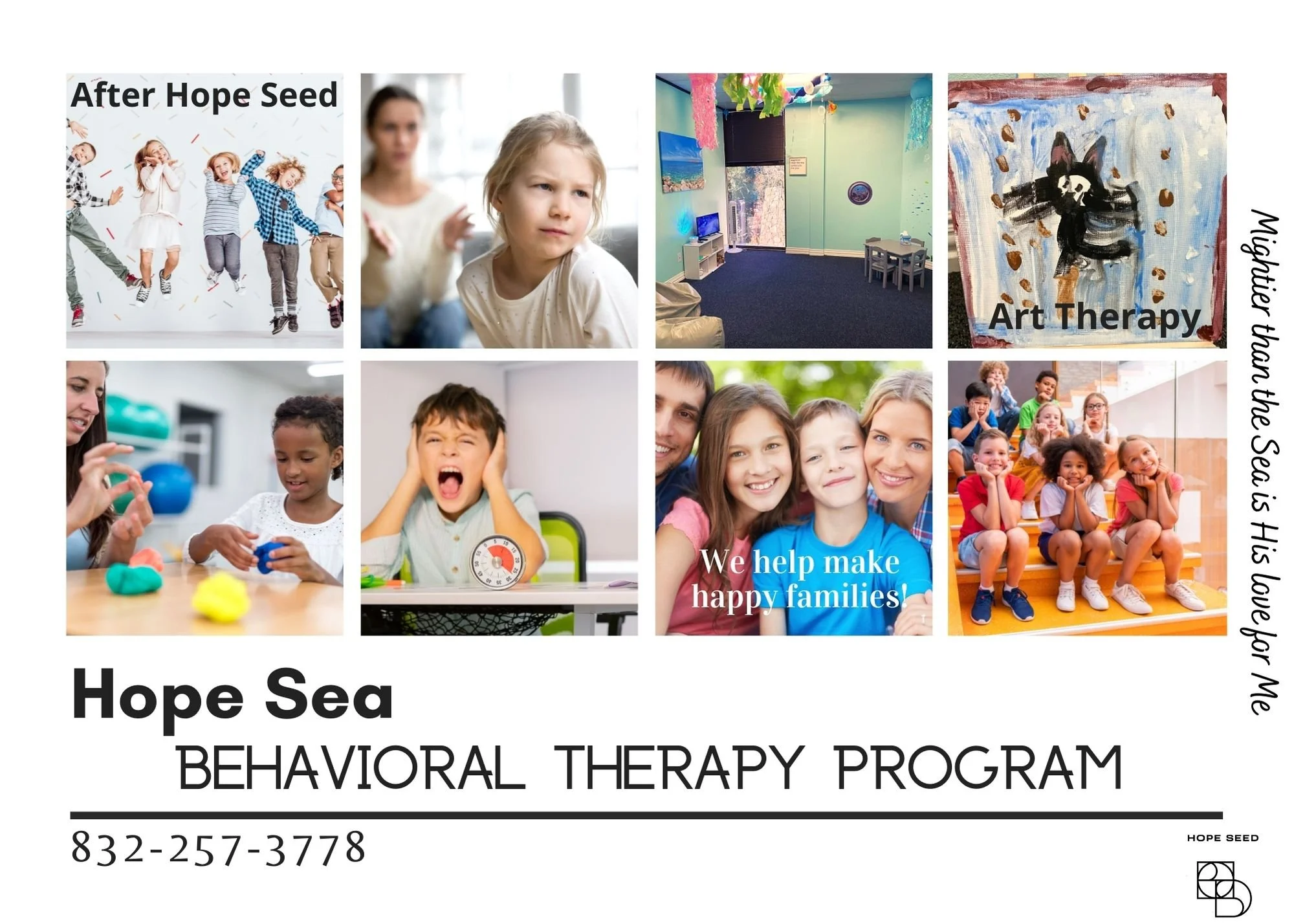In children, impulsive and immature behavior can sometimes be normal. They may act o9ut one time or another. However, it's important to recognize when negative behaviors may be due to an underlying condition or disorder. By getting help with your child's treatment, you'll be in a better position to help them succeed in life.
Behavior Problems in Children: When to Get Professional Help
Behaviors that are extremely disruptive, such as threats of violence or destructive behaviors, are often the easiest to spot. However, less dramatic behavior problems may be harder signs to pinpoint and are sometimes missed. When considering which behaviors to monitor, think about the behaviors that bother you, your family members, or your child's caregivers.
Common warning signs in children include:
1 - Aggressive and violent behaviors such as hitting, biting, pushing, kicking, throwing things, and destroying things.
2 - Behaviors that put others or themselves in danger or that put others or themselves at risk. Examples of these are withdrawal or isolation, self-harm, suicidal or homicidal behaviors.
3 - Impulsive, disruptive, or disruptive behaviors, such as running into the street, running into the street, talking inappropriately (swearing, using racial slurs), not following instructions, not paying attention, not listening, and difficulty following directions.
4 - Refusing to follow directions or instructions for everyday tasks (such as brushing your teeth or picking up after yourself).
5 - Not being able to sit still or focus.
Red Flags to Look Out for
Behavior problems may be related to a developmental disorder, disruptive behavior disorder, mood disorder, or a medical condition. One key to spotting emotional, behavioral, and mental health issues early involves recognizing when your child's behavior, emotional, or mental health changes. For example, many parents are familiar with the temper tantrums that can occur in normal children. However, temper tantrums occurring more often, lasting longer, or occurring at an earlier age may be signs of emotional or behavioral issues.
If the cause of a child's behavior problems is a medical condition, the behavior will generally improve when the underlying medical condition is treated. If the cause is an emotional, behavioral, or mental health disorder, the child's behavior will generally not improve until the correct treatment is provided. Differences between your child's behavior before and after treatment can also be a sign that the treatment is working.
When to See a Doctor
Your child's behavior may be a sign of an emotional, behavioral, or mental health disorder, or a symptom of other underlying conditions like Attention-Deficit/Hyperactivity Disorder (ADHD) or an underlying health condition. If you notice a behavior change in your child, check with a doctor:
1. If your child's behavior is concerning you or making you feel worried or anxious.
2. If a behavior occurs or is getting worse over time.
3. If a behavior occurs more frequently, lasts longer, or occurs at earlier ages.
4. If a behavior is new or unusual.
5. If a behavior causes harm to your child, yourself, your family, or others.
6. If a behavior is dangerous or risky.
Conclusion
Behavior problems are common in children and can be difficult to understand. By recognizing the warning signs of a behavior problem, you'll be able to help your child in a timely fashion and prevent long-lasting developmental problems. This is particularly important for children with a mental health disorder because early diagnosis and treatment are critical.
Should you be in search of therapy support for your children, come to Hope Seed Support Center. We are an organization that provides service to the community through behavioral health and therapies for kids, individual and family counseling, nutritional therapies, and many more resources. Contact us today!





